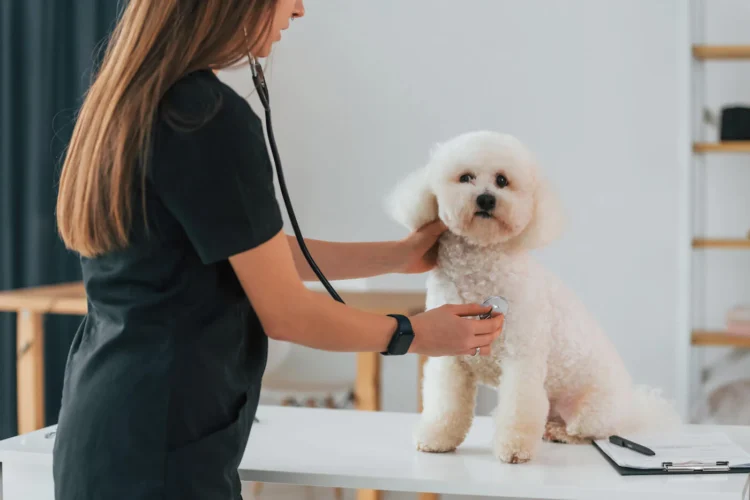Ensuring the well-being of small dogs is not just a responsibility; it’s a commitment rooted in love and compassion. Small dog breeds, with their endearing personalities and unique needs, require special attention to thrive. In this guide, we delve into every aspect of small dog care, from nutrition and exercise to grooming and mental stimulation. Whether you’re a seasoned small dog owner or considering bringing one into your home, this article is your ultimate resource for providing the best possible life for your furry companion.
The Vital Role of Nutrition in Small Dog Well-being:
Understanding Small Dog Dietary Needs:
Small dogs have distinct nutritional requirements due to their size and metabolism. Their diets should be rich in high-quality proteins, essential fats, vitamins, and minerals to support their energy levels and overall health.

Crafting a Balanced Diet:
Ensure your small dog’s diet includes a mix of premium dog food, lean meats, vegetables, and whole grains. Avoid feeding them table scraps or foods high in sodium, sugar, or artificial ingredients, as these can lead to obesity and other health issues.
Importance of Proper Hydration:
Small dogs are prone to dehydration, especially during hot weather or vigorous activity. Always provide access to clean, fresh water to keep them hydrated throughout the day.
The Role of Supplements:
Supplements such as omega-3 fatty acids, glucosamine, and probiotics can complement your small dog’s diet and promote joint health, coat condition, and digestive wellness. Consult with your veterinarian to determine which supplements are suitable for your dog’s specific needs.
Exercise and Physical Activity for Small Dogs:
Tailoring Exercise to Size:
Small dogs may not require as much exercise as larger breeds, but regular physical activity is still essential for their well-being. Engage in activities like brisk walks, interactive play sessions, and agility training to keep your small dog mentally stimulated and physically fit.
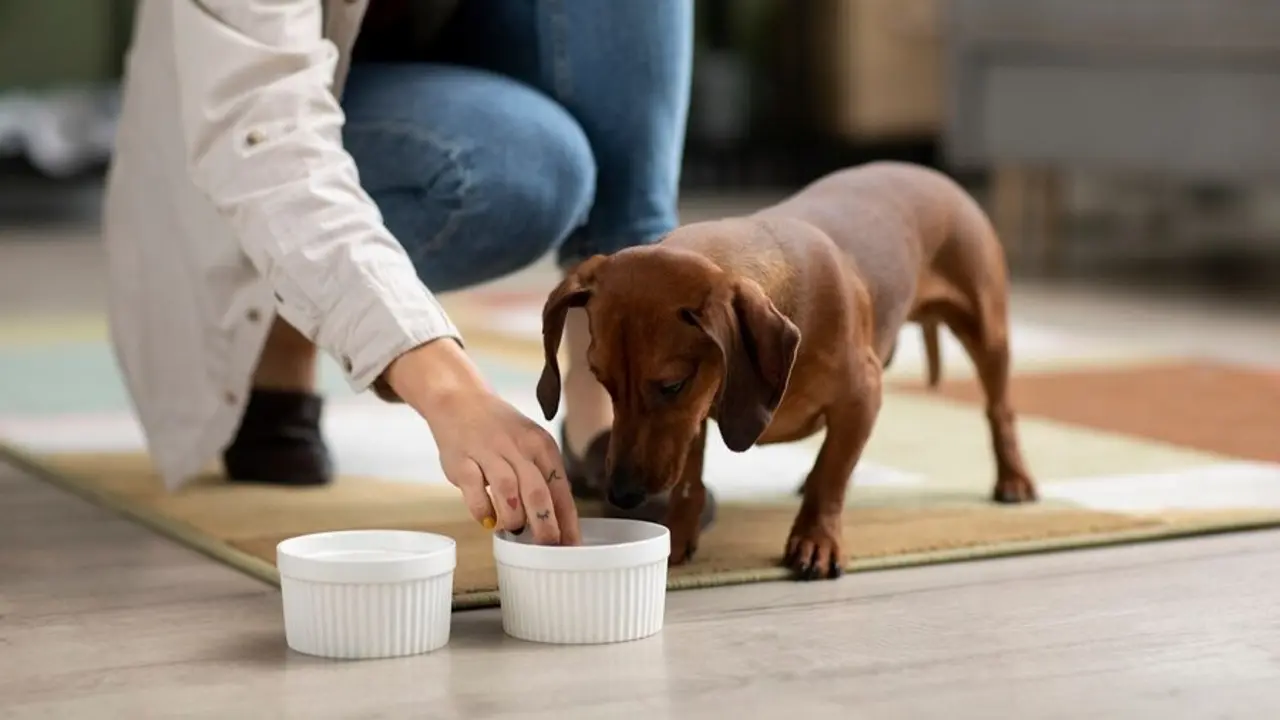
Indoor Exercise Options:
When outdoor exercise is limited, indoor activities like indoor fetch, puzzle toys, and agility courses can provide much-needed mental and physical stimulation for small dogs.
Socialization Opportunities:
Small dogs can benefit greatly from socialization with other dogs and people. Organize playdates with other small breeds or enroll them in obedience classes to help them develop confidence and good manners.
Grooming Tips for Small Dogs:
Coat Care Essentials:
Regular grooming is crucial for maintaining your small dog’s coat health. Brushing their fur several times a week helps prevent matting and removes loose hair, while occasional baths keep them clean and fresh.
Nail Trimming:
Keep your small dog’s nails trimmed to a comfortable length to prevent overgrowth, which can cause pain and mobility issues. If you’re unsure how to trim their nails safely, consult a professional groomer or veterinarian for guidance.
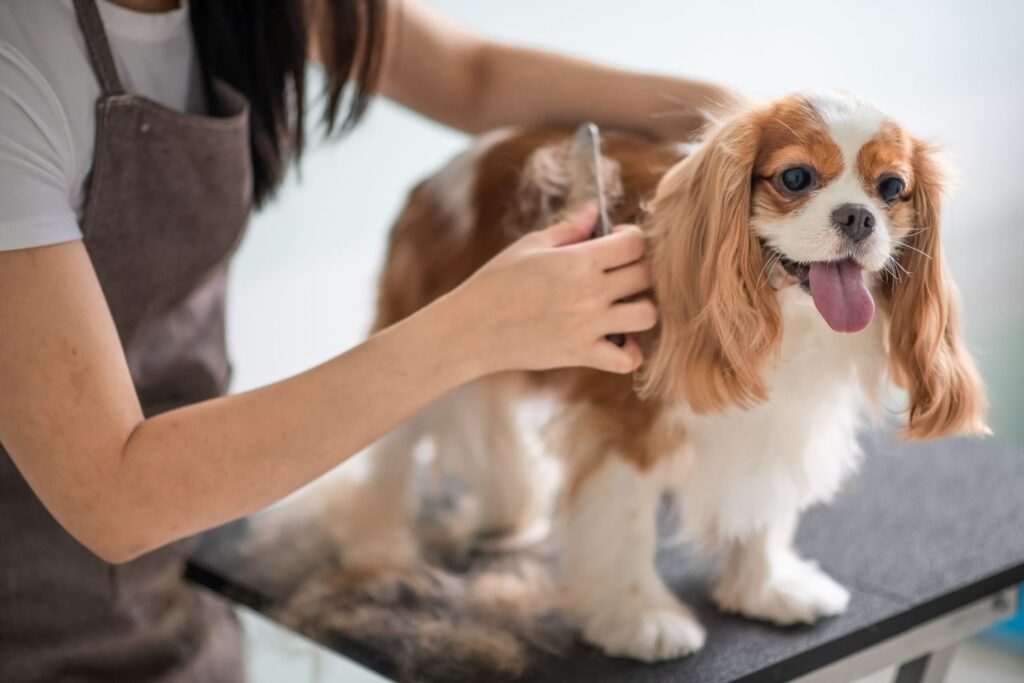
Dental Hygiene:
Small dogs are prone to dental problems like tartar buildup and gum disease. Establish a dental care routine that includes daily brushing with dog-safe toothpaste and regular professional cleanings.
Mental Stimulation and Enrichment:
Interactive Toys and Games:
Small dogs are intelligent and curious creatures who thrive on mental stimulation. Provide them with interactive toys, treat puzzles, and games that challenge their problem-solving skills and keep them entertained.
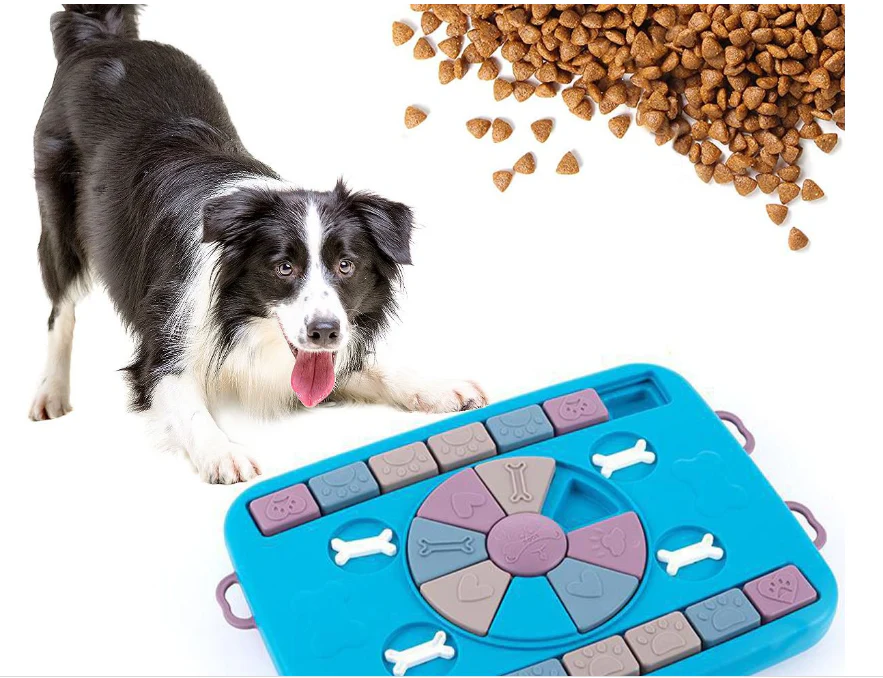
Training and Tricks:
Teach your small dog new tricks and commands to stimulate their minds and strengthen the bond between you. Positive reinforcement training methods are effective and enjoyable for both you and your furry friend.
Environmental Enrichment:
Create a stimulating environment for your small dog by introducing new scents, textures, and experiences into their daily lives. Rotate their toys regularly and take them on different walking routes to keep their senses engaged.
Common Health Concerns in Small Dogs:
Dental Issues:
Small dogs are predisposed to dental problems due to their small mouths and crowded teeth. Regular dental care, including brushing and professional cleanings, can help prevent oral health issues.
Obesity:
Overfeeding and lack of exercise can lead to obesity in small dogs, which increases their risk of diabetes, joint problems, and other health issues. Monitor their food intake and ensure they get regular exercise to maintain a healthy weight.
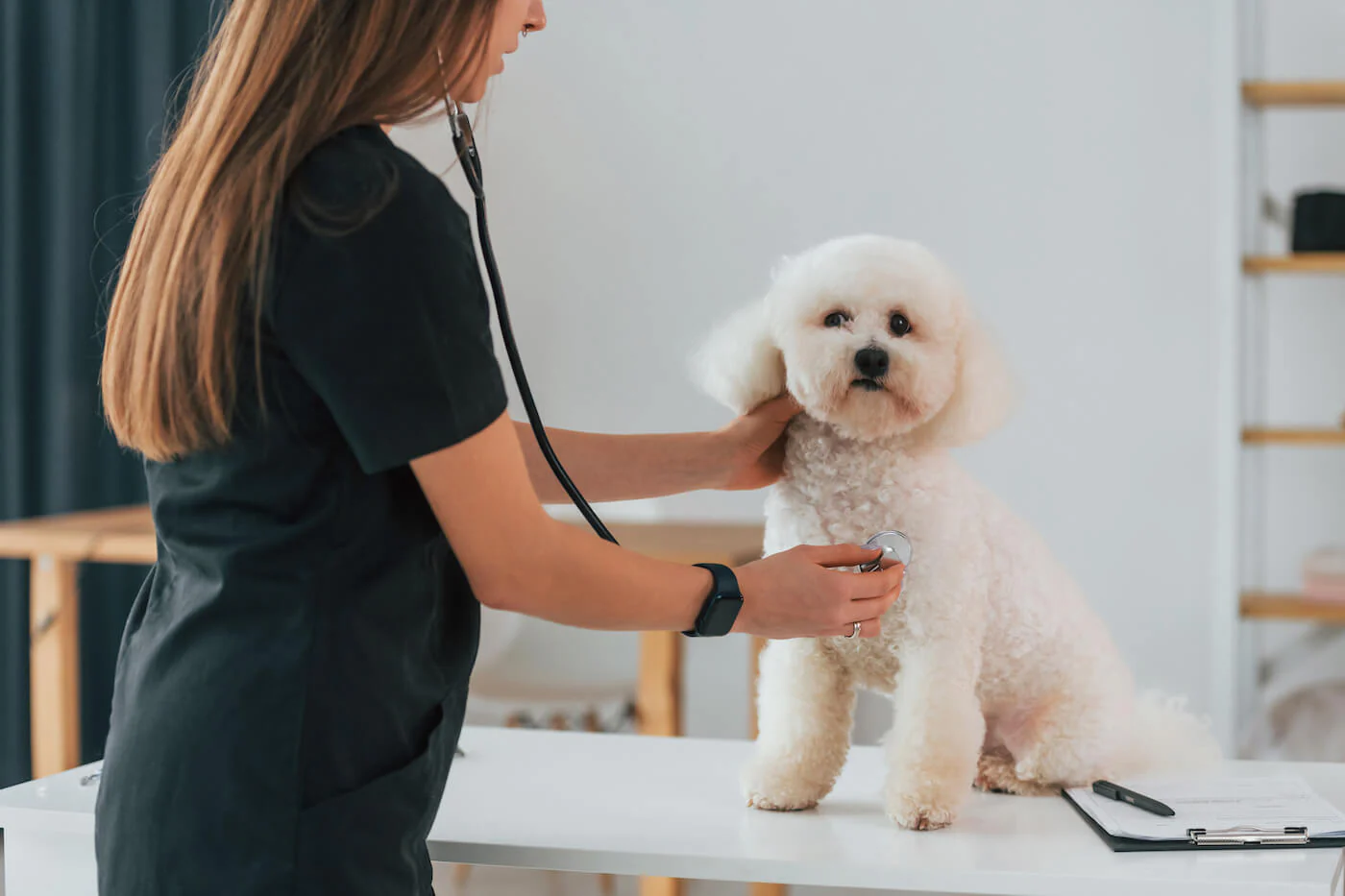
Luxating Patella:
Luxating patella, or dislocated kneecap, is a common orthopedic condition in small dog breeds. Keep an eye out for limping or difficulty walking, and consult your veterinarian if you suspect your dog may have this condition.
Respiratory Problems:
Small dogs, especially brachycephalic breeds like pugs and bulldogs, are prone to respiratory issues due to their short muzzles. Avoid exposing them to extreme heat or strenuous exercise, and seek veterinary care if they show signs of breathing difficulties.
FAQs (Frequently Asked Questions):
- How can I keep my small dog’s coat shiny and healthy? Regular brushing, a balanced diet, and occasional baths with dog-friendly shampoo can help maintain your small dog’s coat health.
- What are the best exercises for small dogs? Brisk walks, interactive play sessions, and agility training are excellent forms of exercise for small dogs.
- How often should I take my small dog to the veterinarian? Small dogs should have at least one annual check-up with a veterinarian, but more frequent visits may be necessary depending on their age and health status.
- Are small dogs suitable for apartment living? Many small dog breeds adapt well to apartment living, but it’s essential to provide them with regular exercise and mental stimulation.
- How can I prevent dental problems in my small dog? Establishing a daily dental care routine, including brushing your dog’s teeth and providing dental treats or toys, can help prevent dental issues in small dogs.
- What should I do if my small dog becomes overweight? Consult with your veterinarian to develop a weight management plan tailored to your dog’s needs, which may include dietary changes and increased exercise.
Conclusion:
Ensuring the well-being of small dogs requires a combination of proper nutrition, regular exercise, grooming, mental stimulation, and preventive healthcare. By following the guidelines outlined in this comprehensive guide, you can provide your small dog with a happy, healthy, and fulfilling life. Remember, the bond you share with your furry companion is a precious gift, and investing in their well-being is a rewarding journey filled with love and companionship.



